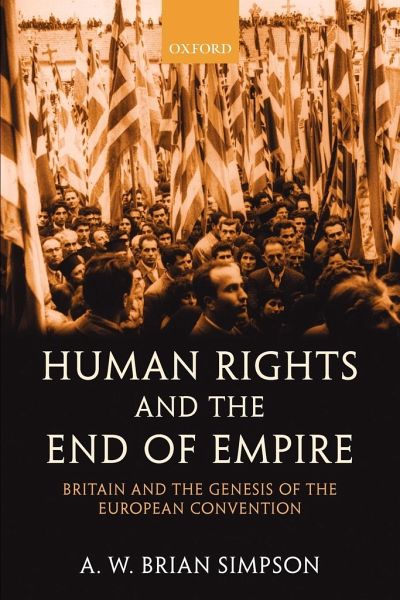
Human Rights and the End of Empire
Britain and the Genesis of the European Convention
Versandkostenfrei!
Versandfertig in 1-2 Wochen
140,99 €
inkl. MwSt.

PAYBACK Punkte
70 °P sammeln!
The British government, working through the Foreign Office, played a central role in the postwar human rights movement, first of all in the United Nations, and then in the Council of Europe; the context in which the negotiations took place was affected both by the cold war and by conflicts with the anti-colonial movement, as well as by serious conflicts within the British governmental machine. The book tells the story of the Convention up to 1966, the date at which British finally accepted the right of individual petition and the jurisdiction of the Strasbourg Court of Human Rights. It explores in detail the significance of the Convention for Britain as a major colonial power in the declining years of Empire, and provides the first full account of the first cases brought under the Convention, which were initiated by Greece against Britain over the insurrection in Cyprus in the 1950s. It also provides the first account based on archival materials of the use of the Convention in the independence constitutions of colonial territories.
The European Convention on Human Rights of 1950 established the most effective international system of human rights protection ever created. This is the first book that gives a comprehensive account of how it came into existence, of the part played in its genesis by the British government, and of its significance for Britain in the period between 1953 and 1966.





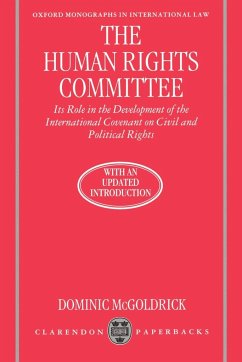

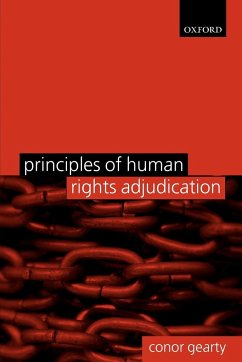


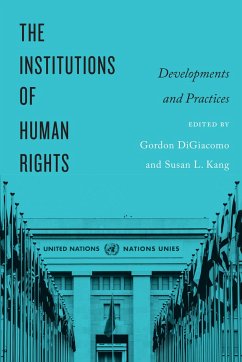

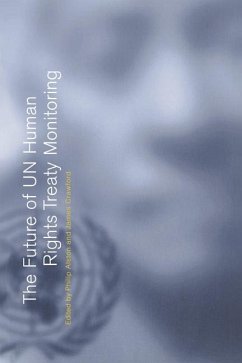
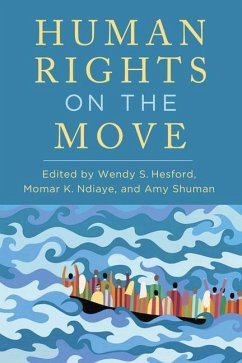
![The Evolution of Self-government in the Colonies [microform]: Their Rights and Responsibilities in the Empire Cover The Evolution of Self-government in the Colonies [microform]: Their Rights and Responsibilities in the Empire](https://bilder.buecher.de/produkte/65/65521/65521678n.jpg)